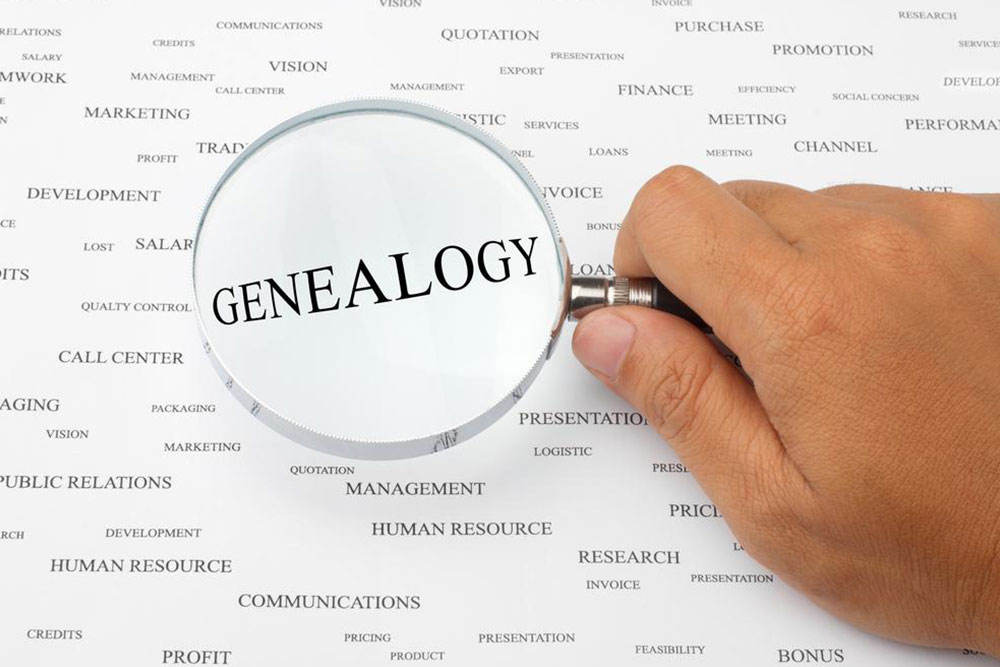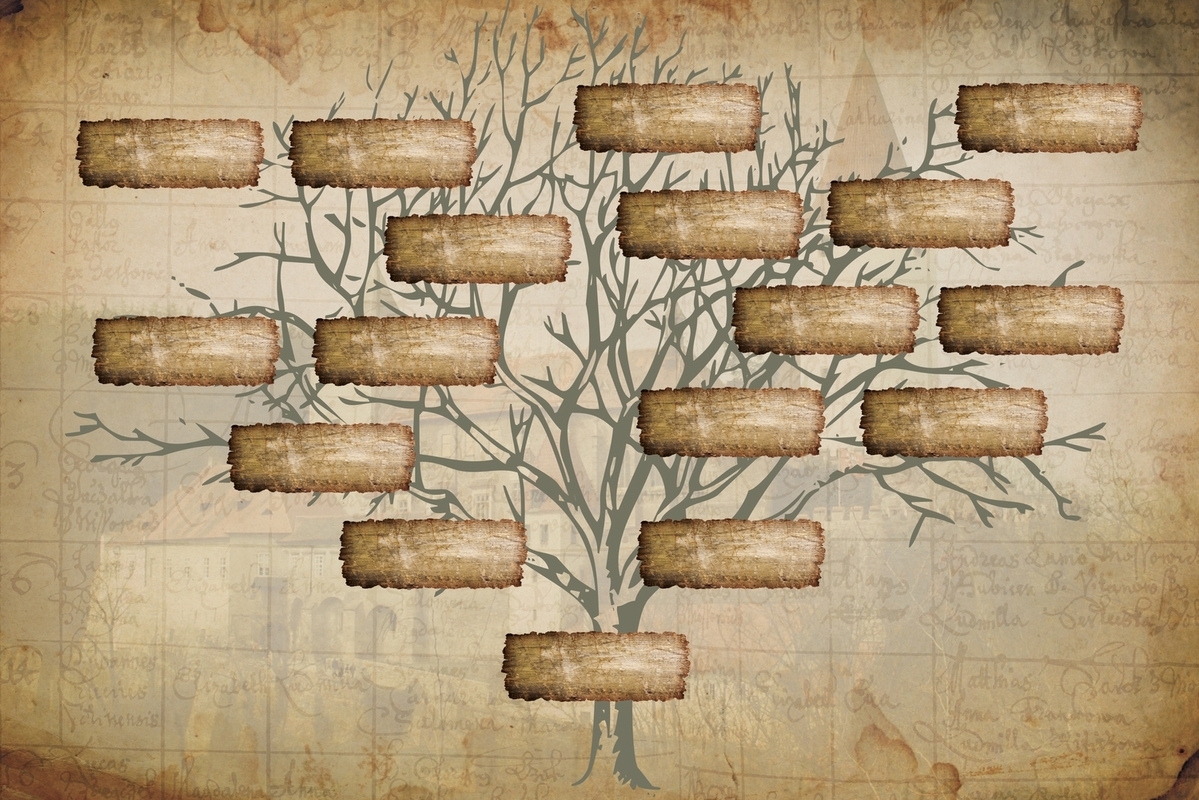Unveiling Your Heritage: 5 Proven Strategies to Trace Your Ancestry
Explore five effective strategies to uncover your lineage and connect with your ancestors. Discover how building a family tree, interviewing elderly relatives, collecting artifacts, visiting historical sites, and hiring genealogists can enrich your understanding of your heritage. This comprehensive guide makes genealogy accessible and exciting for everyone seeking to learn more about their roots, offering practical tips and resources to start your family history journey today.

Unveiling Your Heritage: 5 Proven Strategies to Trace Your Ancestry
Understanding your family history can be a fascinating and rewarding journey, offering insights into your roots, cultural background, and personal identity. From famous figures to everyday ancestors, uncovering your lineage connects you to a broader human story. For example, did you know that British actor Benedict Cumberbatch is distantly related to renowned author Sir Arthur Conan Doyle? In fact, Cumberbatch played Sherlock Holmes, a character created by Doyle, in the popular BBC series. This interesting connection highlights how interconnected our histories can be and sparks curiosity about your own ancestry.
Many individuals wonder if they share a lineage with notable figures such as U.S. presidents, monarchs, or influential personalities. Embarking on genealogical research enables you to explore these possibilities, revealing social, medical, and cultural histories embedded within your family tree. Thanks to modern digital tools and online resources, tracking down your ancestors has become more accessible and engaging than ever before, blending traditional detective work with innovative technology.
Embarking on your genealogical journey begins with building a comprehensive family tree. Start by documenting essential details such as full names, birth and death dates, birthplaces, marriage records, and migration histories. Begin with yourself and work backward through generations, adding relatives as you uncover new information. Numerous online templates and dedicated genealogy websites simplify this process, offering user-friendly platforms for organizing and visualizing your family's history. Creating a well-structured family tree provides a foundational roadmap for your research, making it easier to identify gaps and target specific records.
The next step involves interviewing your oldest family members. These elder relatives often hold priceless information, stories, and traditions passed down through generations. Prepare questions about ancestors’ lives, family customs, migrations, and notable events. Recording these conversations, either in writing or audio format, ensures that their knowledge is preserved for future generations. Oral histories often reveal details that official documents might miss, enriching your understanding of your ancestors’ experiences and personalities.
Collecting physical artifacts such as photographs, old letters, wedding videos, newspaper obituaries, and official documents like birth, marriage, and death certificates is crucial. These tangible items serve as authentic evidence, helping you establish timelines and verify details. They also provide a visual connection to your past, fostering a deeper appreciation for your heritage. Many genealogists recommend storing these artifacts in safe, organized digital and physical formats to safeguard precious family history.
Visiting ancestral homes, cemeteries, and local historical sites can uncover additional information. Cemetery visits often reveal dirt on relatives buried nearby, sometimes leading to discovering unrecorded family members or uncovering new connections within your community. Local archives and historical societies may also hold records, photographs, or documents relevant to your lineage. Taking the time to visit these sites not only enriches your research but also allows you to pay respects and learn more about the environment your ancestors lived in.
Finally, hiring professional genealogists can significantly enhance your research efforts. Skilled genealogists have access to an extensive range of historical records and databases beyond public resources. They possess expertise in navigating complex archives, decoding old handwriting, and interpreting historical contexts. Collaborating with professionals can uncover hidden or forgotten records, clarify confusing family stories, and provide comprehensive reports. Whether you’re seeking to verify specific details or explore distant branches of your family tree, professional assistance can save time and improve accuracy.
In conclusion, discovering your ancestry is a multifaceted process that combines traditional research methods with modern technology. By creating a family tree, interviewing relatives, gathering artifacts, visiting historical sites, and seeking professional help, you can uncover a rich tapestry of your heritage. This journey not only satisfies curiosity but also strengthens your sense of identity, connecting you to generations before you. Embrace this adventure and learn more about the unique story that is your family’s history.





